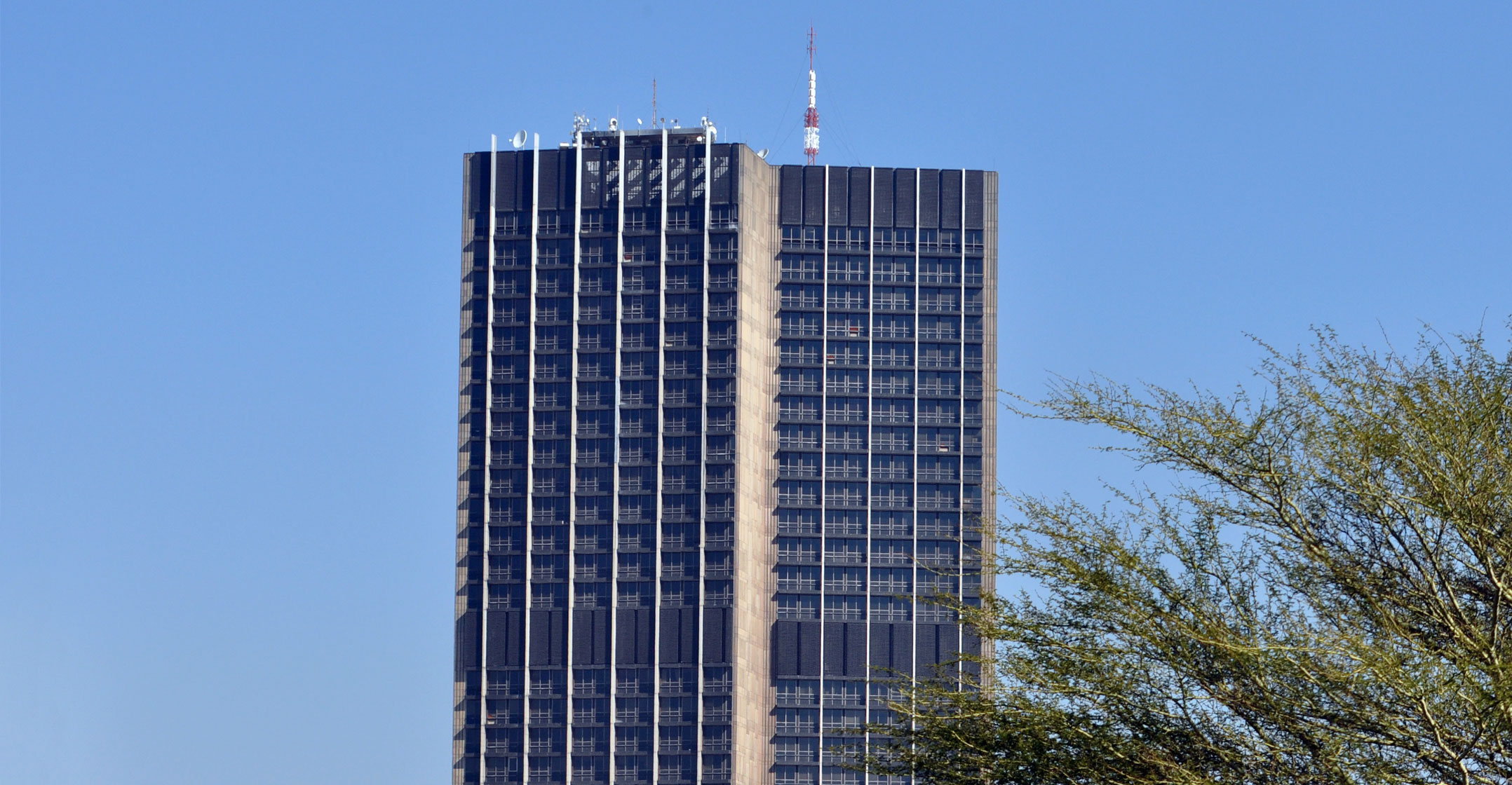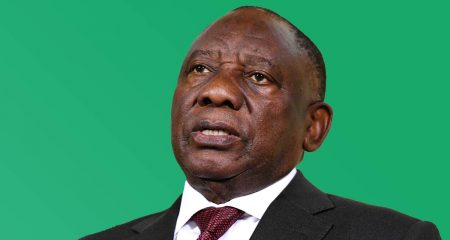
Communications minister Khumbudzo Ntshavheni has thumbed her nose at broadcaster e.tv and proclaimed 31 March 2022 as the date that South Africa will switch off analogue television broadcasts.
The decision may come back to haunt her.
The minister said in a statement late on Monday said she had determined that the switch-off date in terms of paragraph 3.3.1 of the broadcasting digital migration policy published in the Government Gazette of 8 September 2007 will be the end of this month.
This, she said, is the final switch-off date of the analogue signal and the end of dual illumination – where both analogue and digital signals coexisted during the migration period.
What the minister neglected to mention in her statement was that she is facing a determined lawsuit from e.tv parent eMedia Holdings that could derail her plans.
Despite Ntshavheni’s determination of the switch-off date, an e.tv court victory will mean it doesn’t have to switch off its analogue broadcasts at the end of the month. eMedia CEO Khalik Sherrif declined to comment immediately, but said the company’s lawyers are studying the latest development.
And the state-owned SABC, which is less able to voice its objections to the minister’s plans – or at least to do so vociferously and publicly – is potentially the biggest loser as the minister pushes ahead with her plan. This will be especially true if rival e.tv is able to continue broadcasting on analogue after month-end.
SABC hurting
In fact, Tams industry measurement data shared with TechCentral by eMedia shows that the SABC has suffered large audience losses in areas where government has switched off its analogue signals, a move that appears to have largely benefited e.tv.
In many provinces, e.tv is now the only television channel available to households that don’t have satellite TV and that haven’t acquired a digital set-top box. If all SABC broadcasts are switched off at the end of March, and e.tv remains on the air, the public broadcaster will likely continue to haemorrhage market share to its commercial rival as millions of households, which have no other means of access, watch the only channel available to them.
In the Free State, the first province in South Africa where the SABC’s analogue signals were switched off, the Tams data shows there was a 20% decline in the SABC’s total analogue television audience in the 12 months to 31 December 2021. The figures for the other provinces where its analogue signals have been terminated, including the Northern Cape (-46%) and North West (-34%), look even worse.

Gugu Ntuli, head of corporate affairs and marketing at the SABC, said the corporation “will not be commenting on this matter at this stage”.
Ntshavheni said in her statement that the coverage requirements of multiplex 1 (which the SABC uses) and multiplex 2 (55% of which e.tv uses) have been met “for those licensees who have appointed an electronic communications network service licence to provide signal distribution services”.
A full bench of the high court in Pretoria will hear eMedia’s application on 14 and 15 March. – © 2022 NewsCentral Media




